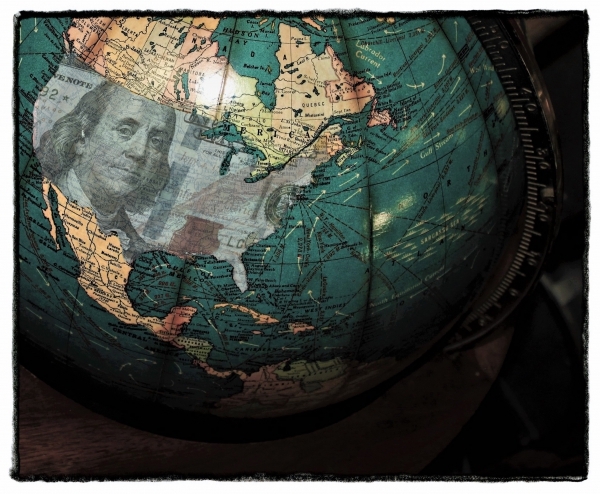GUILFORD — The Pandora Papers, released in early October, are the product of massive data leaks carefully analyzed by more than 600 journalists from around the world. They unmask the secretive ways by which the world's super-wealthy hide trillions of dollars and dodge taxes - not just on some sandy Caribbean island, but right here in the United States.
Billionaires and crooks from around the globe now regard the United States as an offshore tax haven. They are bringing their treasure to “secrecy jurisdictions” such as South Dakota, Delaware, Nevada, Florida, and New Hampshire.
My role in the release of the Pandora Papers was to serve as an advance source for foreign reporters to understand the U.S. wealth-hiding system. I sat in my Guilford farmhouse and talked to reporters from Mexico, Brazil, England, and Argentina about why their crooks and oligarchs were parking money in the U.S.
The Pandora list does not include many of the U.S. super-rich, even though they use the same toolbox of offshore banks, anonymous shell companies, and opaque trusts.
That's because this trove of leaks originated from offshore wealth advisory firms in 12 countries, including Samoa, Cyprus, and Belize - not places where super-wealthy U.S. citizens go for financial services.
And more often, U.S. billionaires don't have to go offshore.
The United States has become a tax haven over the last 30 years because a number of states have changed their laws to accommodate anonymous shell companies and trusts with unlimited lifespans.
South Dakota is getting special scrutiny in this reporting because it leads the pack in entities known as “dynasty trusts,” where wealthy families are parking billions with the intention of avoiding taxes for centuries.
* * *
This hidden-wealth system causes six serious harms to Vermont and communities around the world.
1. It allows for the plundering of the wealth of nations, especially hurting the world's poorest and most vulnerable populations. Some of the shady characters parking their assets in the United States are dictators and politicians who have stolen public funds as well as business owners who have broken laws in their countries.
The United States is now an accomplice to these crimes, providing a getaway car in the form of secret trusts and anonymous corporations.
2. The hidden-wealth system leads to tax hikes on the non-rich. When billionaires and global companies dodge and evade their tax responsibilities, they shift the costs of public services onto everyone else.
When the wealthy don't pay, they saddle the rest of us with the bills for pandemic response, caring for veterans, and the funding of infrastructure and schools.
3. The system of secretive finance empowers deadbeats and criminals, allowing them to shuffle funds around in secrecy.
4. The system reduces giving to nonprofit charities, our vibrant independent nonprofit sector. Philanthropy experts see tax havens increasingly siphoning off money from charitable causes.
5. Money is flooding into U.S. real estate markets, driving up the cost of housing for non-wealthy people and contributing to the extreme affordable housing crisis in many communities.
Many of the land and housing purchases are not even occupied - they are “wealth storage units” for the global rich looking to park assets in stable markets.
6. Finally, the hidden-wealth system contributes to the growing wealth inequality. It enables some families to create billion-dollar inherited wealth dynasties while making life for everyone else more economically precarious.
* * *
U.S. lawmakers could shut down this hidden wealth system if they mustered the political will to do so.
They could invest in tax enforcement, rebuilding the ability of the Internal Revenue Service to monitor the financial shell games of the super-rich and to enforce existing tax laws.
They could regulate or ban trusts and transactions that serve no purpose other than tax dodging.
As a result of the Pandora Papers, some lawmakers introduced the ENABLERS Act, to require due diligence reporting laws for “middlemen” entities involved in the flow of wealth such as attorneys, art dealers, and wealth managers.
In the end, this is a global system. And the U.S. will need to join global treaties to raise standards and ensure global cooperation to root out money laundering.
The rest of the world is leading the way, and the U.S. must step up to join the movement.
